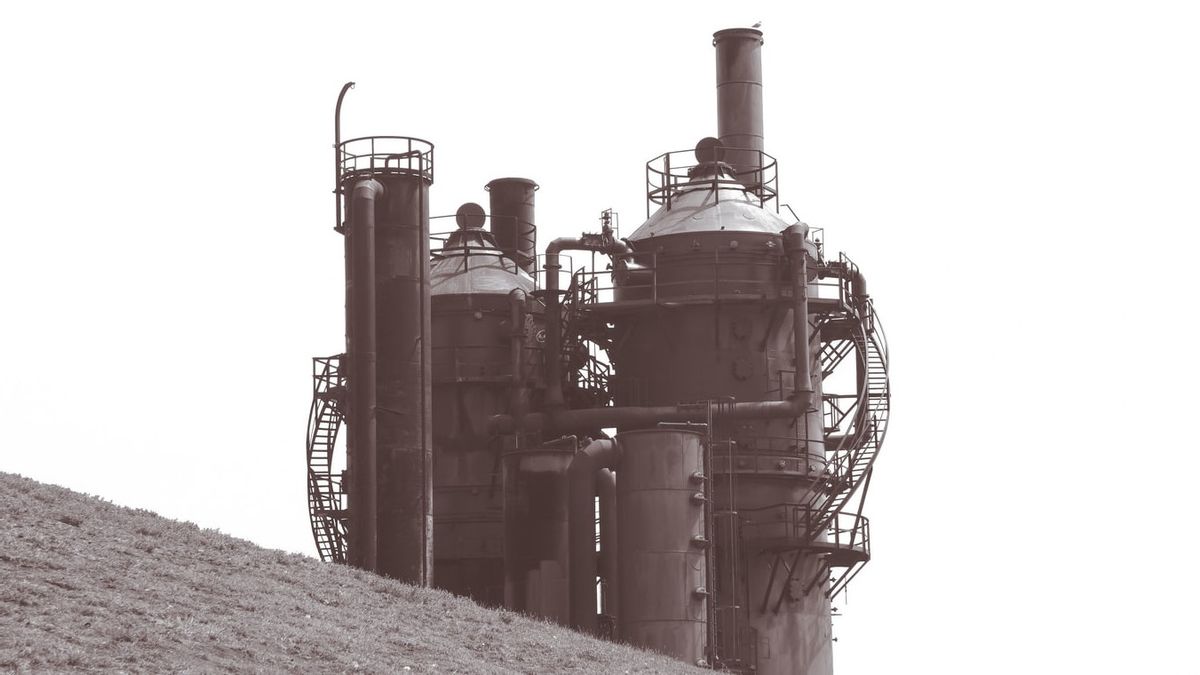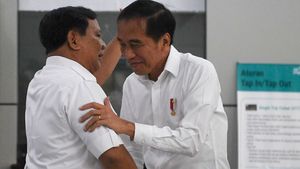JAKARTA - The Indonesian Chamber of Commerce and Industry (KADIN) considers that the decline in industrial gas prices, which is scheduled to take effect as of April 1, will not have a significant impact on industrial growth in the near future.
"It cannot be that easy for the industry to grow up immediately when the price of industrial gas is lowered, because it is also related to national and global economic conditions," said Indonesian Chamber of Commerce's Upstream Industry and Petrochemical Permanent Commission Deputy Achmad Widjaja in a written statement, quoted on Wednesday, February 26. .
He added that the previous industrial gas price had been quite high for a long time, and this caused industrial growth to experience a slowdown.
"Maybe the industry will see growth at the end of the year, if it is true it will be lowered in April. But if it is canceled, the industry will continue to experience a slowdown," he explained.
According to the former chairman of the Association of Indonesian Ceramic Industries (ASAKI), when economic conditions are stable, the industry can actually grow at a level of seven percent from the original five percent.
"However, with the current economic conditions, being able to stay at five percent is good," he said.
He commented that there are five industries that will be affected if the price of industrial gas drops, namely petrochemicals, fertilizers, ceramics, flat glass and steel.
Industry Subsidies
Former deputy chairman of Commission VI of the DPR Inas N Zubir argues that the decline in industrial gas prices is a form of incentive provided by the government, so that domestic industries can grow and compete in the region and globally to boost the national economy.
In his comments, the effort to reduce industrial gas prices as mandated by Presidential Decree No. 40/2016 was carried out through the reduction or removal of the state's share from the upstream by approximately US $ 2.2 per MMBTU.
"This was as stated by President Jokowi in his introduction to the limited meeting on January 6, 2020 with two additional options, namely the application of the DMO and the implementation of gas imports," he explained.
Inas said, if you look back at it, or to be precise in 2005, the government once withdrew fuel subsidies for industry because of the state budget's ability to no longer support the burden of fuel subsidies.
"But if the reduction in state revenue from upstream is implemented in order to provide incentives for industry, then this is another form of subsidies for industrial fuels because in the end it has an impact on the target of state budget and state finances," he said.
Inas questions whether the right step is if the state provides natural gas subsidies for industry? In fact, he added, a similar policy like that had already existed and was then revoked by the government, namely the industrial fuel subsidy in 2005.
"Is the government desperate so that it can't find other instruments or solutions that can be given to industry in order to provide added value and improve the national economy instead of choosing to implement a natural gas subsidy scheme for industry?" asked him.
Inas suggested that the government needs to evaluate whether the decision to be taken is on the right path or on the contrary, it will only erode state finances, because the added value that should be provided by the industry has not been achieved.
On the one hand, according to data as of January 2020, the industrial fuel price for the HSD type is IDR 13,365 per liter or the equivalent of US $ 27.20 per MMBTU and the MFO type is IDR 11,220 per liter or the equivalent of US $ 21.19 per MMBTU. Meanwhile, the price of industrial natural gas ranges from US $ 8.87 per MMBTU.
"Seeing this profile, the true price of natural gas is 32 percent of the price of High Speed Diesel (HSD) and 42 percent of the price of Marine Fuel Oil (MFO) and is much more competitive than fuel oil," explained Inas.
The English, Chinese, Japanese, Arabic, and French versions are automatically generated by the AI. So there may still be inaccuracies in translating, please always see Indonesian as our main language. (system supported by DigitalSiber.id)












